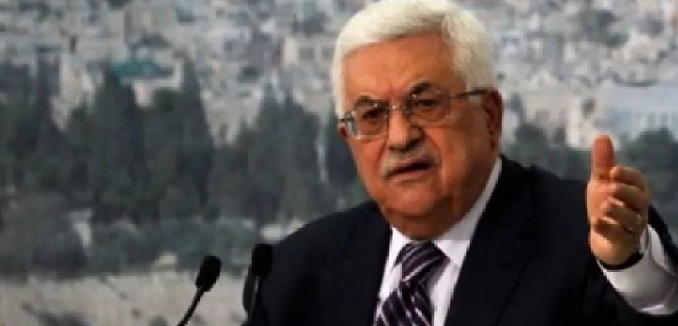Palestinian Authority (PA) President Mahmoud Abbas early this morning announced the formation of a Palestinian government agreed to by the rival Fatah and Hamas factions. The new cabinet is made up of 17 cabinet ministers who were sworn in despite what local Reuters bureau chief Crispian Balmer described as a “last minute row” between Abbas and Hamas.
Observers have described the cabinet as a mix of Abbas loyalists and Hamas-linked figures. The Guardian‘s Jerusalem correspondent Harriet Sherwood – a journalist whose reporting has not been traditionally marked by striking dubiety toward Palestinian claims and maneuvers – took to Twitter to express her pessimism:
I am shocked at the depths of my own cynicism about the new Palestinian unity govt. Is it misplaced?
— Harriet Sherwood (@harrietsherwood) June 2, 2014
The final days and even few hours leading up to the declaration had been marked by confusion and rumors. Abbas’s public commitments to continue coordinating with Israel on West Bank security were publicly contravened [Arabic] by top Hamas figure Moussa Abu Marzouk. Other Hamas officials continued to defiantly declare that their path of “resistance” – a euphemism for the eradication of the Jewish state – would preclude the new government from holding up agreements with Israel. Meanwhile issues related to the prisoner affairs ministry – which was reportedly moved away from the government in a gambit to preserve U.S. assistance – generated tension until the last minute of the announcement.
English-language Palestinian outlet Ma’an described the dynamic under the headline “Hamas, Fatah trade accusations ahead of unity government.”
Evidence that Hamas is able to either procedurally or substantively influence the new government in any way will feed growing concerns that the unity deal has provided the group with a lifeline, after a year in which harsh measures imposed by Egypt had brought the terror organization to the brink of collapse. The terms of the new pact appear to lock in an unprecedented arrangement under which Hamas is given formal access to Palestinian resources and territory in the West Bank, even as it’s allowed to maintain its military supremacy of the Gaza Strip. Hamas figures bragged last week that the arrangement was the same one that allowed Hezbollah to control Lebanon – a country that organization militarily dominates and has politically paralyzed – getting the attention of both U.S. analysts and Arabic-language journalists [Arabic].
The issue of Hamas influence also bears directly on U.S. assistance, which by law is barred from going to “any power-sharing government of which Hamas is a member, or that results from an agreement with Hamas and over which Hamas exercises undue influence.” The Obama administration has gone out of its way to emphasize that it rejects the presence of an unrepentant Hamas in any Palestinian government. Bipartisan leaders on the Hill had if anything been more blunt:
While it’s not clear Abbas’ decision violates the letter of the law, appropriators have made it clear they think its spirit has been trampled on. Rep. Kay Granger, R-Texas, the chairwoman of the House Appropriations Subcommittee on State, Foreign Operations & Related Programs, told Al-Monitor that aid should be revisited. She said the goal of US assistance since the 1990s has been to help strike a peace deal, and that the UN move appears antithetical to that… Granger’s Democratic counterpart, Rep. Nita Lowey, D-N.Y., said she was “extremely disappointed” with Abbas’ decision. “There was a decision made last year that investing in the PA and economic development would be the most productive step we could take to encourage peace,” Lowey told Al-Monitor. She said it’s not clear whether that’s still the case.
[Photo: WorldBreakNewsChannel/YouTube]




